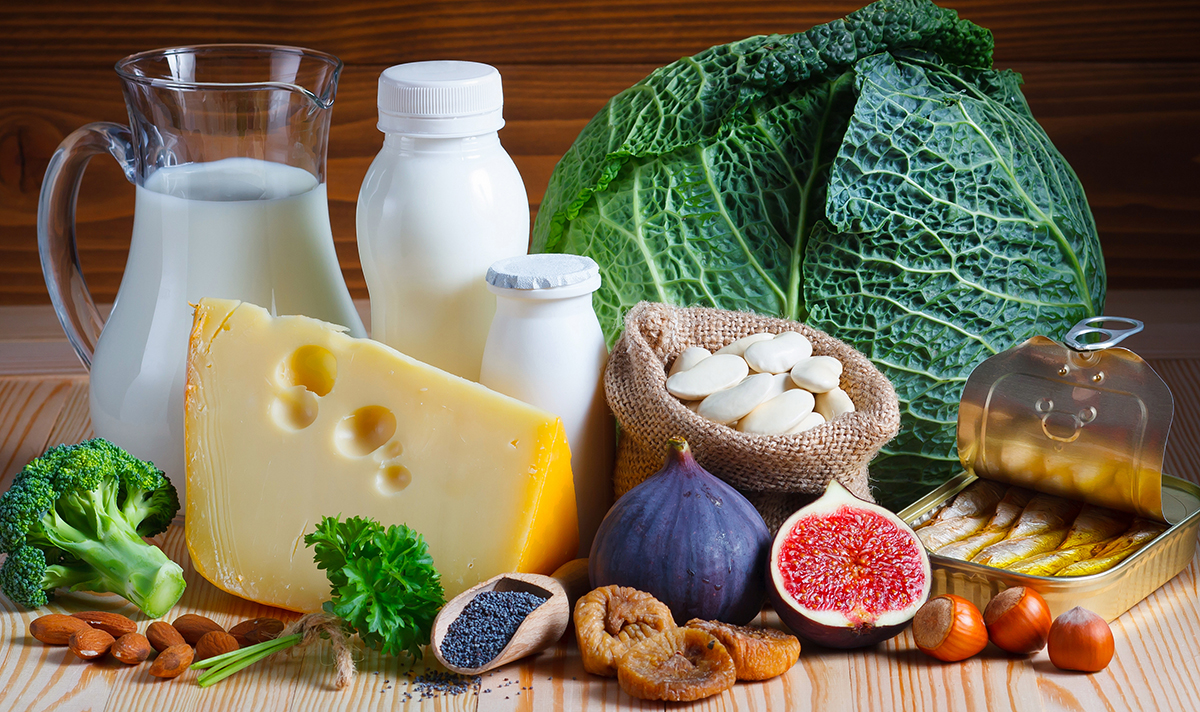- Empty cart.
- Continue Shopping
How to Choose the Right Types of Dairy for Calcium

Calcium is an essential mineral that plays a crucial role in various bodily functions, including bone health, muscle function, and nerve signaling. Dairy products are often considered one of the best sources of calcium, but with so many options available, how do you choose the right ones?
Understanding Calcium Content in Dairy
The Basics of Calcium Content
Different dairy products have varying levels of calcium. For example, a cup of milk generally contains about 300 mg of calcium, while a single slice of cheddar cheese may contain around 200 mg. It’s essential to check the nutritional labels to get an accurate idea of the calcium content.
Importance of Bioavailability
Not all calcium is created equal. The body absorbs calcium from dairy products more efficiently compared to plant-based sources. This concept is known as bioavailability, and it’s one reason why dairy is often recommended for calcium intake.
Types of Dairy Products for Calcium
Milk: The Classic Choice
Milk is the most straightforward source of calcium. Whether you prefer whole, skim, or low-fat, all types of cow’s milk offer a substantial amount of calcium. If you’re lactose intolerant, lactose-free milk options are also available, which provide the same calcium benefits.
Cheese: A Versatile Option
Cheese is another excellent source of calcium, but the content can vary significantly between types. Hard cheeses like Parmesan and Gruyere tend to have higher calcium levels compared to softer cheeses like Brie or Camembert. Again, always check the nutritional label for precise information.
Yogurt: Calcium Plus Probiotics
Yogurt not only provides a good amount of calcium but also contains probiotics, beneficial for gut health. Greek yogurt is particularly high in calcium and protein, making it a nutritious choice.
Fortified Dairy Alternatives
Plant-Based Milks
If you’re vegan or lactose intolerant, fortified plant-based milks like almond, soy, and oat milk can be good alternatives. However, it’s crucial to choose options that are fortified with calcium, as the natural calcium content in these milks is usually lower than in cow’s milk.
Fortified Dairy Products
Some dairy products, like certain types of cheese and yogurt, are fortified with additional calcium. These can be an excellent option for those looking to boost their calcium intake further.
Additional Considerations
Vitamin D for Absorption
Calcium absorption is enhanced by vitamin D. Some dairy products come fortified with vitamin D, or you can get it through sunlight exposure and supplements.
Limiting Factors
Certain substances like oxalates and phytates found in some plant foods can inhibit calcium absorption. While this is more of a concern for plant-based calcium sources, it’s something to keep in mind if you’re relying on a variety of foods for calcium.
Conclusion
Choosing the right types of dairy for calcium involves understanding the calcium content, bioavailability, and additional nutritional benefits of each option. Whether you’re a fan of milk, cheese, or yogurt, there’s a calcium-rich dairy product to suit your needs. And if dairy isn’t an option for you, fortified plant-based alternatives can also provide the calcium you need for strong bones and overall health. Always consult with a healthcare provider for personalized dietary advice, especially if you have specific medical conditions or nutritional requirements.








